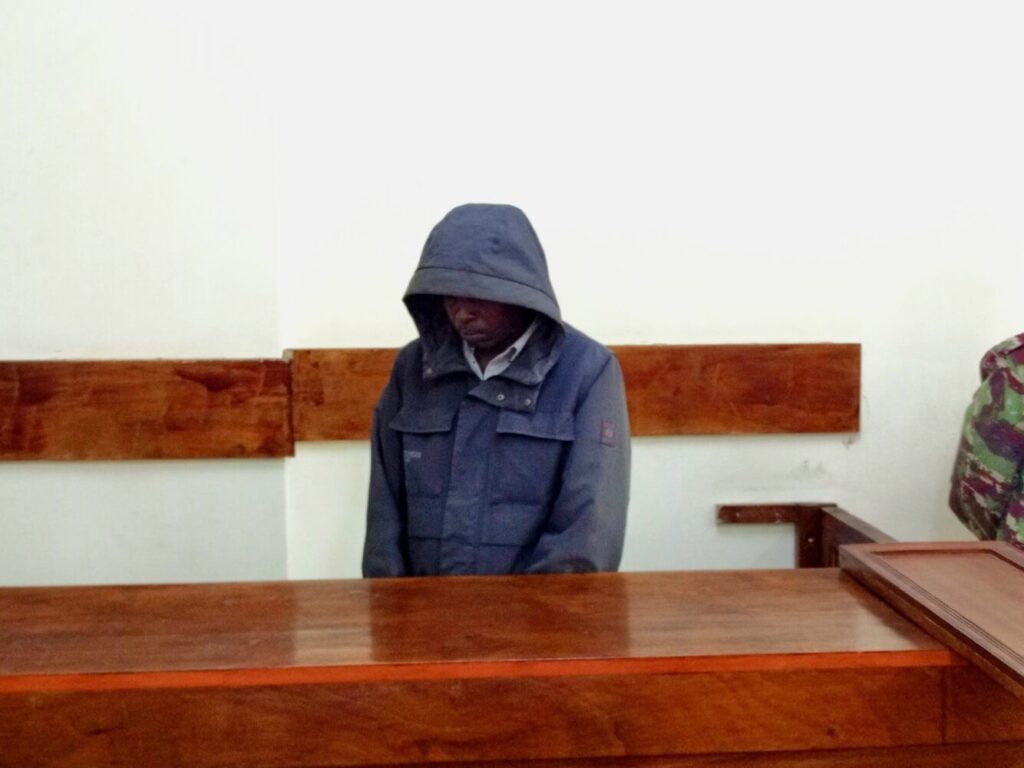A police officer in Nakuru has been sentenced to 30 years in prison for fatally shooting his superior officer following a heated altercation. The High Court found Police Constable Jackson Kipkoech Konga guilty of murdering Sergeant Christopher Kimeli in an incident that occurred on August 8, 2023, at the K9 Unit offices in Nakuru East Sub-County.
The court heard that tensions flared inside the report office when the two officers exchanged words during a morning inspection. The confrontation reportedly escalated when Sergeant Kimeli ordered that two suspects who had been detained overnight be taken to the report office instead of the Nakuru Central Police Station. This directive is said to have sparked a disagreement between the constable and his superior.
Konga allegedly felt insulted by remarks made during the exchange. In response, he cocked his service weapon and left the room. Sergeant Kimeli followed him shortly after. It was then that Konga turned, aimed, and fired at his superior, leading to Kimeli’s death.
Ten witnesses testified during the trial, presenting a detailed account of the altercation and the moments leading up to the fatal shooting. The evidence showed that the accused had acted out of anger and intent, with full knowledge that using a loaded firearm could result in death.
While delivering the judgment, the presiding judge noted that although there had been provocation, it was not sufficient to justify such a deadly reaction. The court emphasized that as a trained officer, Konga was expected to exercise restraint and uphold the highest standards of discipline.
In determining the length of the sentence, the judge cited the gravity of the offense, the fatal consequences, the involvement of a government-issued firearm, and the serious breach of conduct within the police ranks. The court viewed the incident as a grave abuse of power and a breakdown in the values expected within the security forces.
The 30-year sentence serves as a stern warning against indiscipline and misuse of authority within the police service. It underscores the principle that no provocation can excuse the deliberate taking of a life, especially by those entrusted with the responsibility of protecting it.

